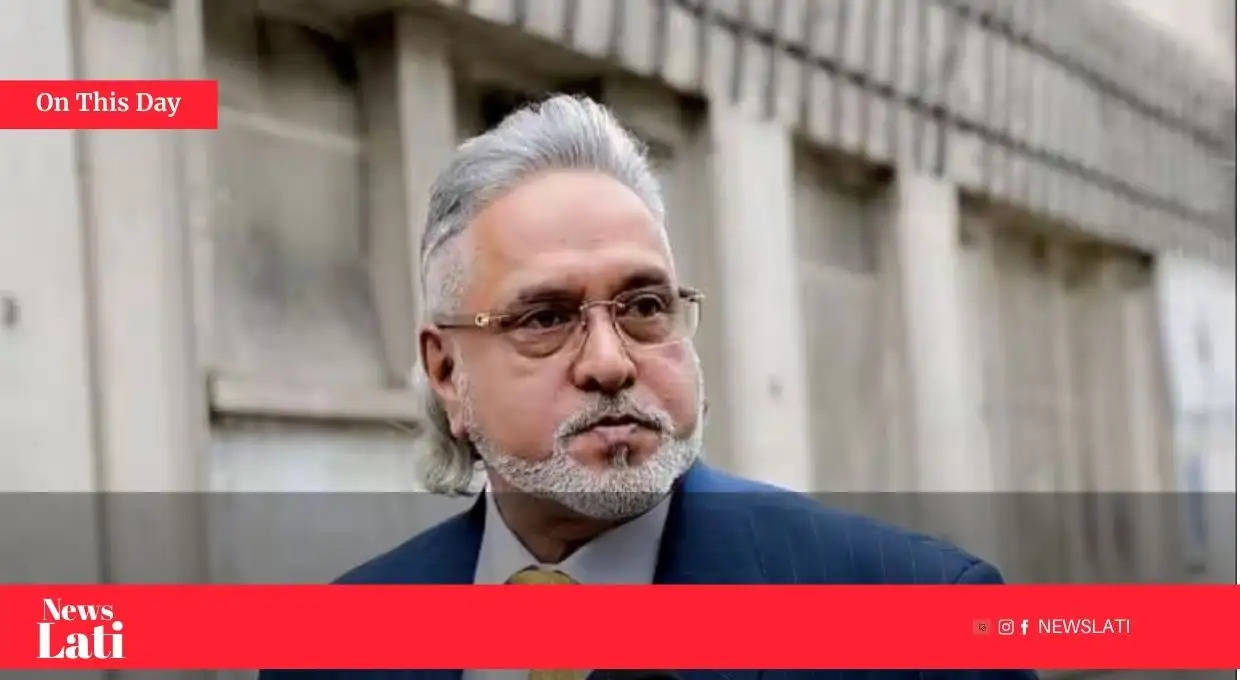Vijay Mallya Challenges Over-Recovery by ED and Banks in KFA Debt Case
Mallya Claims Entitlement to Relief as Recovery Exceeds Judged Debt by Over Rs 7,900 Crores

-
Debt Recovery Tribunal adjudged KFA debt at Rs 6,203 crores, including interest.
-
ED and Banks reportedly recovered Rs 14,131.60 crores from Mallya.
-
Mallya questions the legality of recovering more than double the adjudged debt.
-
Mallya still labeled as an economic offender despite the recovery.
In a recent twist in the saga involving the now-defunct Kingfisher Airlines, Vijay Mallya, the former chairman, has publicly challenged the actions of the Enforcement Directorate (ED) and various banks. According to the Debt Recovery Tribunal's judgement, the total debt owed by Kingfisher Airlines was Rs 6,203 crores, inclusive of Rs 1,200 crores in interest. However, Mallya has revealed that the ED and banks have recovered an amount of Rs 14,131.60 crores from him, significantly surpassing the tribunal's adjudged debt.
Mallya's assertion comes after Finance Minister Nirmala Sitharaman announced in Parliament that significant recoveries had been made against economic offenders, including Mallya, from whom Rs 14,131.60 crores were retrieved. This recovery is part of a broader effort by the Indian government to reclaim funds lost due to financial frauds, yet Mallya argues that the amount taken from him exceeds the legally recognized debt by over Rs 7,900 crores.
The Debt Recovery Tribunal adjudged the KFA debt at Rs 6203 crores including Rs 1200 crores of interest. The FM announced in Parliament that through the ED,Banks have recovered Rs 14,131.60 crores from me against the judgement debt of Rs 6203 crores and I am still an economic…
— Vijay Mallya (@TheVijayMallya) December 18, 2024
The businessman, who has been living in the UK since fleeing India amidst mounting legal issues, contends that this over-recovery is not only legally questionable but also casts him in an unfair light as an "economic offender" despite what he perceives as an overzealous recovery effort. Mallya has expressed intentions to seek legal relief, questioning the justification and legality of how the ED and banks have managed to recover more than twice the debt amount adjudicated by the tribunal.
This development brings to light several critical issues within India’s debt recovery process, including the transparency and accountability of the ED and banking institutions when dealing with high-profile cases. Critics argue that such discrepancies could potentially undermine trust in the financial and judicial systems. Meanwhile, supporters of the recovery actions emphasize the importance of ensuring that all possible avenues are explored to retrieve public funds, regardless of the complexities involved.
The case has sparked a debate on the balance between aggressive recovery strategies and respecting legal boundaries, with Mallya's challenge likely to prompt a re-examination of the methods used by the ED and banks. This scenario underscores the ongoing tension between combating financial crime and maintaining legal integrity in the pursuit of justice.
